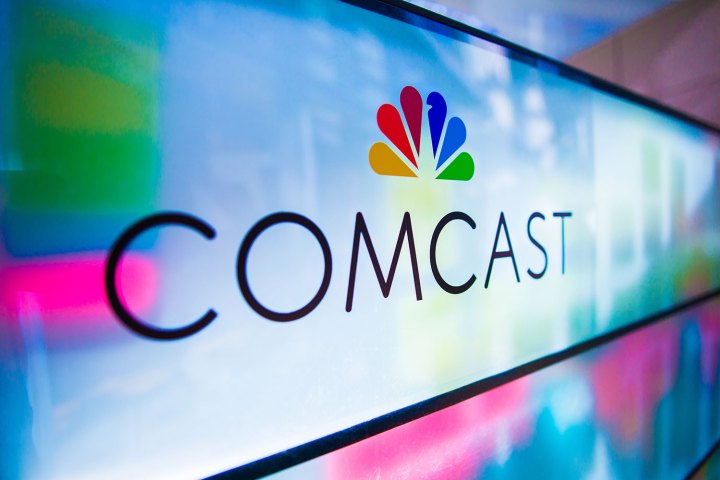
If you’re already an Xfinity subscriber, you can head to the company’s new mobile website to get started. Up until this week, Comcast was in the process of rolling out coverage to markets where its terrestrial service already operates. It appears that’s been finished, though a change has been made to sweeten the deal.
Xfinity Mobile features an unlimited data, talk, and text plan, initially sold starting at $65 a month for up to five lines ($45 per line for customers with Comcast’s top X1 TV packages), or $12 per GB a month a la carte. According to a report from Engadget, the company has simplified pricing by removing the $65 rate — so the $45 reduced cost for unlimited is now available to everyone.
The $12 “By the Gig” plan only charges you for the data you actually use. In that way, it’s somewhat similar to Project Fi — though instead of crediting you back for unused data, Xfinity simply charges another $12 every time you go over the mark. Be advised that if you end up surpassing 3GB under this plan, you’d save money by choosing unlimited.
A combination of Comcast’s 16 million Wi-Fi hot spots and Verizon’s network will supply coverage, and, as with Google’s Fi technology, phones will automatically switch between Wi-Fi and cellular depending on network conditions. Xfinity Mobile customers have their choice of a growing number of devices in every price range. In January the company announced the some iPhone users may be able to bring their own devices to the Xfinity Mobile network and created a website for customers to check device eligibility. The company plans to announce addition devices eligible for the BYOD program later this year.
Sign-ups have been restricted to Comcast’s 25 million subscribers at launch, which the company said is to ensure a “high level” of customer service. Xfinity Mobile subscribers will be able to get in touch with reps via text and “other means,” Comcast said.
The pricing is in line with the competition — Verizon, AT&T, T-Mobile, and Sprint offer plans ranging from $50 a month to $90 a month for a single line. And that’s no mistake. “We believe we have very competitive unlimited plans,” Greg Butz, president of Comcast’s mobile business, told Reuters.
With this launch, Comcast becomes the first cable mobile virtual network operator (MVNO) — in other words, the first wireline internet provider to buy capacity on other wireless carriers’ networks.
“The lines between wired and wireless networks are blurring,” Comcast CEO Brian Roberts told Fortune. “For Comcast […] being a wireless operator isn’t optional. All network operators are going to be in the wireless business whether they like it or not.”
It’s a logical step for Comcast, which faces declining revenue in the wake of an ongoing cable TV exodus. In August 2016, every major cable TV company, including DirecTV, Comcast, and Character, lost subscribers. A collective 812,000 U.S. customers canceled their pay TV subscriptions, and there were 1.4 million fewer cable subscribers in the quarter overall compared to the same period a year ago.
It isn’t all doom and gloom. A forecast from analysts at SNL Kagan projects that broadband subscriptions will increase by 8 million over the next decade, heading off an expected 1.5 percent decline in traditional TV subscriptions. But Comcast’s not taking chances.
And Comcast isn’t the only company in this position. Charter Communications is also said to be launching a wireless service next year. And AT&T, which owns satellite provider DirecTV, debuted an internet TV package — DirecTV Now — earlier this year.
Update: Added information about new iPhone BYOD program.


